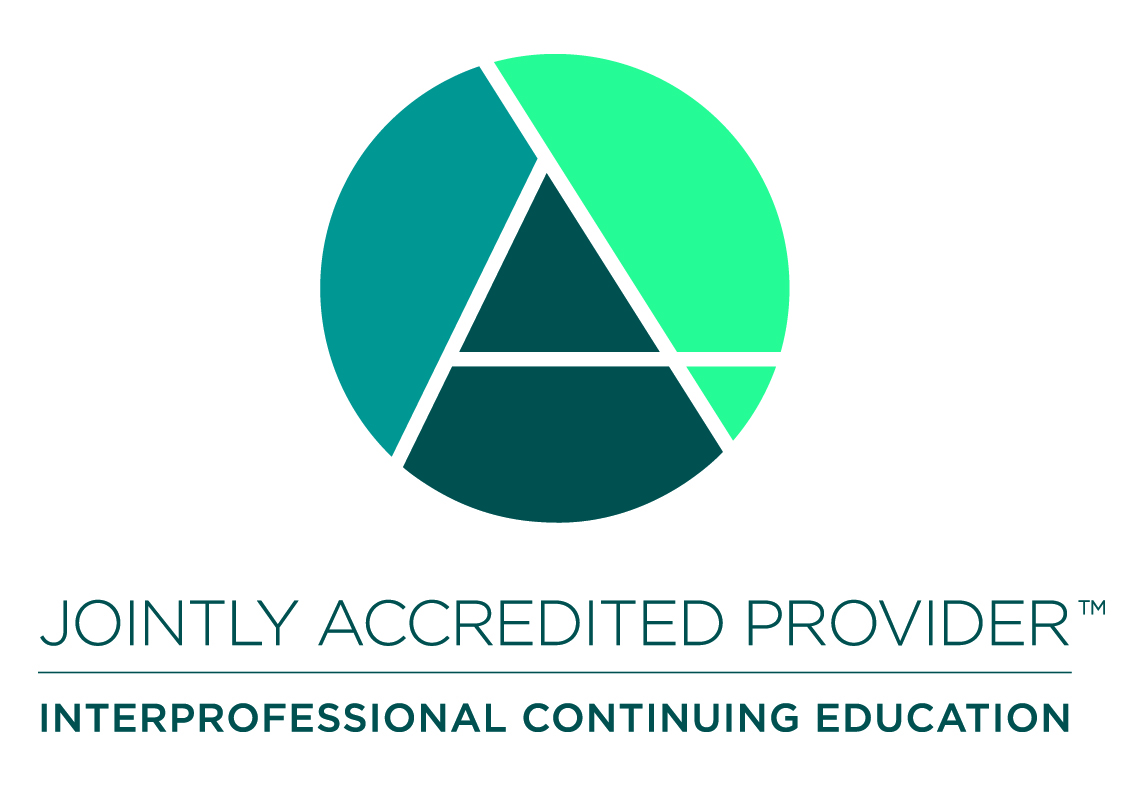
0779_SSRRH_Pediatric Respiratory Emergencies_Live
Description:
This activity is an interactive learning session focused on managing pediatric respiratory distress in community hospital settings. Participants will explore key concepts such as the initiation, escalation, and weaning of high-flow nasal cannula (HFNC) therapy and the transition to non-invasive positive pressure ventilation (NIPPV) or intubation when needed. The activity emphasizes evidence-based decision-making, team coordination, and patient safety during respiratory emergencies. Learners will engage in hands-on simulations that replicate real clinical scenarios—allowing them to practice equipment setup, assess respiratory scores, and apply escalation protocols in a controlled environment. By the end of the workshop, participants will gain both the technical and clinical judgment skills needed to respond effectively to pediatric respiratory failure.
Providing Culturally Appropriate Care which is Free of Implicit Biases (AB 1195 & 241):
Learners are strongly encouraged to engage in self-directed learning related to the impact of implicit biases in this clinical area via the references provided below:
Implicit Bias
- Patel, V. J., Byrne, E., Haug, J., Williams, K., & Deering, S. (2025). Potential racial bias during pediatric emergency care: A simulation study. Cureus, 17(2), e79843. https://doi.org/10.7759/cureus.79843
SDOH:
- Tyris, J., Keller, S., & Parikh, K. (2021). Social Risk Interventions and Health Care Utilization for Pediatric Asthma: A Systematic Review and Meta-analysis. JAMA Pediatrics, 176(2), e215103. https://doi.org/10.1001/jamapediatrics.2021.5103
- Puvvula, J., Poole, J. A., Gwon, Y., et al. (2023). Role of social determinants of health in differential respiratory exposure and health outcomes among children. BMC Public Health, 23, 119. https://doi.org/10.1186/s12889-022-14964-2
Target Audience
Nurse Practitioner (NP)
Nurse, Registered (RN)
Physicians (MD or DO)
Physician Assistant (PA)
Learning Objectives
After Attending This Activity Learners Should Be Able To:
1. Identify early signs of respiratory distress and impending respiratory failure in pediatric patients.
2. Apply standardized respiratory assessment tools to guide clinical decision-making.
3. Demonstrate effective teamwork and communication during escalating respiratory emergencies.
4. Practice evidence-based interventions through simulation to enhance confidence and clinical performance.

Disclosure of Financial or In-Kind Commercial Support & Conflict of Interest
Urs Naber, a speaker for this activity, receives Stock from Zeit Medical, Inc. This ineligible relationship was mitigated through a peer review form completed by Jane Carpetner.
No one else involved in the planning or presentation of this educational activity have any relevant financial relationship(s) to disclose with ineligible companies whose primary business is producing, marketing, selling, re-selling, or distributing healthcare products used by or on patients. No financial or in-kind commercial support was received to produce or promote this educational activity.
– Provider Designee/Verification: Fozia Ferozali, Ed.D.
Jane Carpenter
Jane Carpenter
John Loewen
Accreditation

In support of improving patient care, Sutter Health, is jointly accredited by the Accreditation Council for Continuing Medical Education (ACCME), the Accreditation Council for Pharmacy Education (ACPE), the American Nurses Credentialing Center (ANCC), and the Association of Social Work Boards (ASWB) to provide continuing education for the healthcare team.
Credit Designation Statement
Sutter Health designates this LIVE activity for a maximum of 4.50 AMA PRA Category 1 Credits™ and 4.50 continuing professional development contact hours for nurses. Learners should claim only the credit commensurate with the extent of their participation in the activity.
Note to Other Disciplines: Non-Physician Participation Credit (AKA - AMA PRA Category 1 Credits HOURS™) Continuing Medical Education is acceptable for meeting the continuing education requirements for Pharmacists, Physician Assistants, Psychologists, Registered Nurses, and Respiratory Care Practitioners. For other disciplines, please check with the regulatory board for your discipline to confirm what type of credits meet the continuing education requirements. Continuing education hours for nurses accredited by ANCC, via Joint Accreditation.
Available Credit
- 4.50 AMA PRA Category 1 Credit™
Physician Credit
Sutter Health designates this Live activity for a maximum of 4.50 AMA PRA Category 1 Credit™ for physicians. Physicians should claim only the credit commensurate with the extent of their participation in the activity.
- 4.50 Non-Physician Participation Credit
Sutter Health designates this Live activity for a maximum of 4.50 Non-Physician Participation Credit. Non-Physicians should claim only the credit commensurate with the extent of their participation in the activity.
AMA PRA Category 1 Credits HOURS™ Continuing Medical Education is acceptable for meeting the continuing education requirements for Pharmacists, Physician Assistants, Psychologists, Registered Nurses, and Respiratory Care Practitioners. For other disciplines, please check with the regulatory board for your discipline to confirm what type of credits meet the continuing education requirements. Continuing education hours for nurses accredited by ANCC, via Joint Accreditation.
- 4.50 ANCC
Nursing Credit - American Nurses Credentialing Center (ANCC)
Sutter Health designates this Live activity for a maximum of 4.50 ANCC contact hour(s). Nurses should claim only the credit commensurate with the extent of their participation in the activity.
- 4.50 CA BRN
Nursing Credit - California Board of Registered Nursing (CA BRN)
This activity is approved for 4.50 contact hour(s) by Sutter Health, which is an approved provider by the California Board of Registered Nursing. (Provider Number 17182). Nurses should claim only the credit commensurate with the extent of their participation in the activity. - 4.50 IPCE
This activity was planned by and for the healthcare team, and learners will receive 4.50 Interprofessional Continuing Education (IPCE) credit for learning and change.

 Facebook
Facebook X
X LinkedIn
LinkedIn Forward
Forward